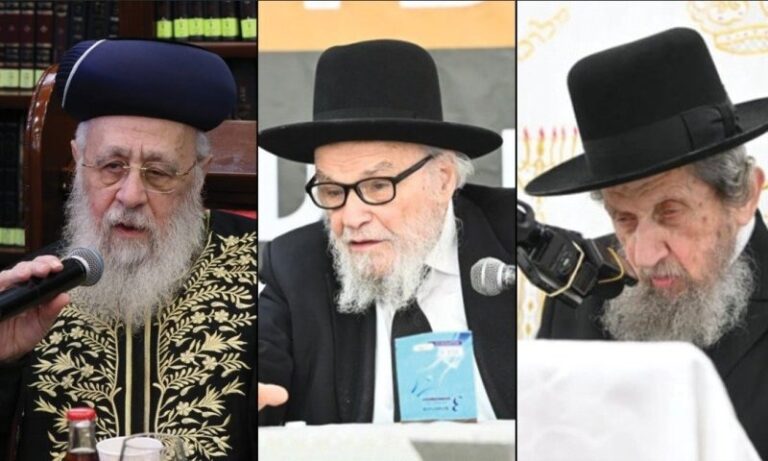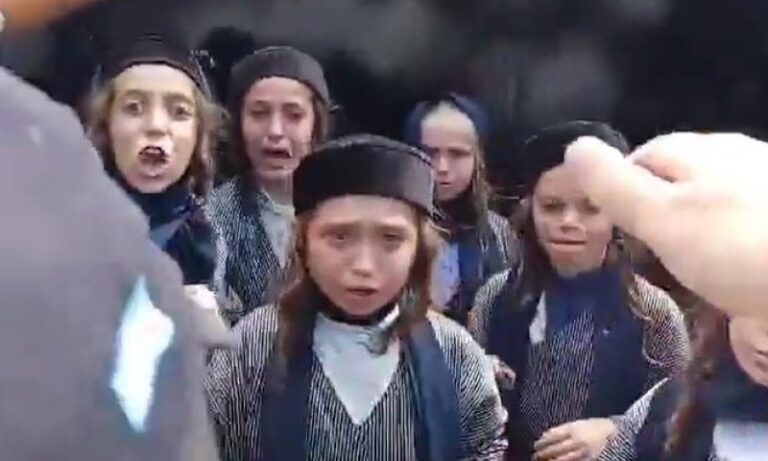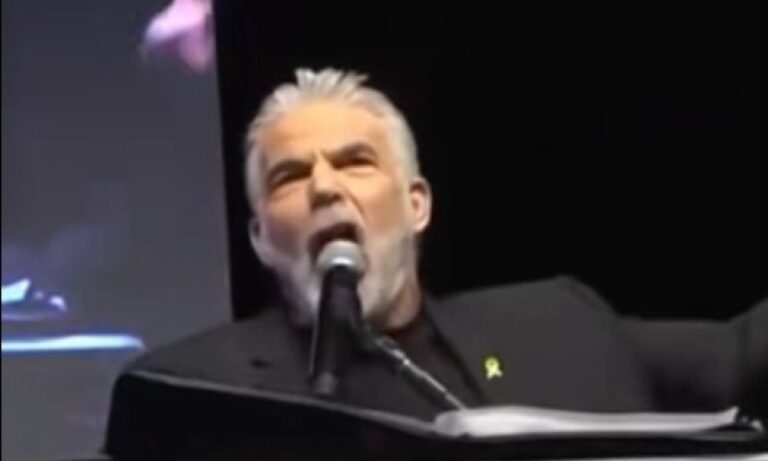A Tennessee school district has voted to ban a Pulitzer Prize winning graphic novel about the Holocaust due to “inappropriate language” and an illustration of a nude woman, according to minutes from a board meeting.
The McMinn County School Board decided Jan. 10 to remove “Maus” from its curriculum, news outlets reported.
Art Spiegelman won the Pulitzer Prize in 1992 for the work that tells the story of his Jewish parents living in 1940s Poland and depicts him interviewing his father about his experiences as a Holocaust survivor.
In an interview, Spiegelman told CNBC he was “baffled” by the school board’s decision and called the action “Orwellian.”
“It’s leaving me with my jaw open, like, ‘What?’” he said.
The minutes from the school board meeting indicate objections over some of the language used and at first Director of Schools Lee Parkison suggested redacting it “to get rid of the eight curse words and the picture of the woman that was objected to.”
The nude woman is drawn as a mouse. In the graphic novel, Jews are drawn as mice and the Nazis are drawn as cats.
“It shows people hanging, it shows them killing kids, why does the educational system promote this kind of stuff? It is not wise or healthy,” School Board Member Tony Allman said about the book, which was part of the district’s eighth-grade English language arts curriculum.
Instructional supervisor Julie Goodin, a former history teacher, said she thought the graphic novel was a good way to depict a horrific event.
“It’s hard for this generation, these kids don’t even know 9/11, they were not even born,” Goodin said. “Are the words objectionable? Yes, there is no one that thinks they aren’t. But by taking away the first part, it’s not changing the meaning of what he is trying to portray.”
Randi Weingarten, the president of the American Federation of Teachers, which does not play a role in McMinn County, noted the timing of the news on Twitter. Weingarten, who is Jewish, pointed out that Thursday is International Holocaust Remembrance Day.
“Yes it is uncomfortable to talk about genocide, but it is our history and educating about it helps us not repeat this horror,” Weingarten said.
The board emphasized in the minutes that they did not object to teaching about the Holocaust but some were concerned the work was not age-appropriate.
Although they discussed redacting parts of the book, that led to copyright concerns and board members ultimately decided to look for an alternative book about the subject.
(AP)












6 Responses
This sentence “The board emphasized in the minutes that they did not object to teaching about the Holocaust but some were concerned the work was not age-appropriate.” is the key to understanding what’s going on. People are making it sound like backwards Jew-hating Tennessee doesn’t want to teach their students about the Holocaust. That is an unfair mischaracterization – they are just trying to find an age-appropriate way to teach it. There is no reason this is a national story.
If their worried about “vulgar language” and the picture of the lady they have far far worse than this in public school that they need to worry about and fix …
I read maus when I was in high school (it wasn’t in our high school curriculum a friend who was in college introduce the book to me) was one of the best books I ever read… believe me and you this kids read far worse reading material then maus in public school.
It is disingenuous to call this a ban of Holocaust book. The cartoon book was removed from the curriculum “due to “inappropriate language” and an illustration of a nude woman”. The board accepted the theme but was unsure if making changes to it would violate copyright laws. It would. What yeshiva or Bais Yaakov would have reacted differently?
This is NOT a “denial” issue.
The problem with much of teaching history, especially to children, is that if you are honest you will include a lot of discussions of sex and violence that many people consider to be “inappropriate”. The materials produced by our own community deliberately distort the history in order to leave out things that are better not discussed, and tend to focus on positive aspects (heroism, hesed, resistance, survival) which certainly in a statistical light are not accurate.
My following comment is a general comment not necessarily on this story. Just because something is about the holocaust doesn’t mean it’s portrayed in the right way. They be wrong about their judgement but being against a specific book or production about the holocaust does not mean you’re against the holocaust.
As is known many rabbis were against many productions that recorded happenings during the holocaust, simply because it was portrayed incorrectly.
Bombarding people every time they disagree on specifics and calling them anti Semites can sometimes be counterproductive.
Do you really think the San Francisco school board would be okay with a graphic novel, graphically describing the many sins of Islamic terrorism or ISIS to elementary school children?
I wouldn’t allow my children to get this book.
Not every book about the Holocaust is appropriate for children. That should be obvious.